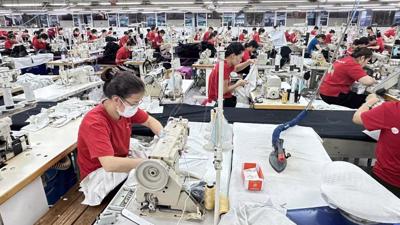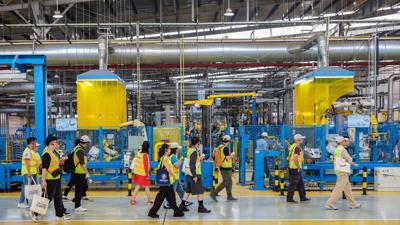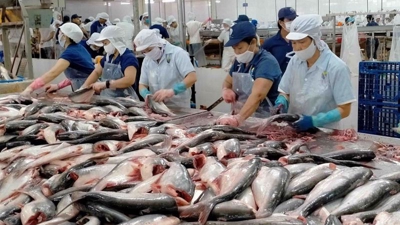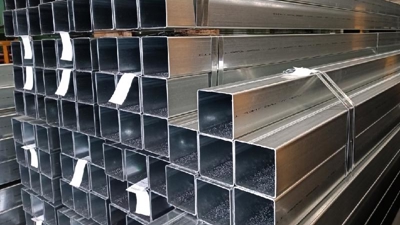Vietnam's Agricultural Exports Face Repeated Setbacks in RoK Market
Persistent violations of The Republic of Korea food safety regulations threaten Vietnam's growing agricultural trade; exporters urged to adopt stricter standards.

Vietnam's ambitions to increase agricultural exports to The Republic of Korea have hit repeated snags due to violations of the country's food safety regulations, prompting the Ministry of Industry and Trade to demand strict compliance from businesses.
Recent rejections of Vietnamese produce highlight the challenges facing the country as it seeks to boost its foothold in the lucrative market, where demand for tropical fruits and other specialty agricultural items is growing.
Trade Growth, But Concerns Persist
Bilateral trade has shown steady growth, with Vietnam's total import-export turnover with The Republic of Korea reaching $12.1 billion in the first two months of 2024, a 5.4% year-on-year increase, according to data provided by Vietnam Trade Office in Korea.
Vietnam's exports to Korea during that period rose by 10% to $4.2 billion, underpinned by strong demand for its processed and manufactured products.
However, a concerning trend has emerged: Vietnamese agricultural products, including mangoes and chili peppers, have been repeatedly flagged for exceeding Korea's permissible pesticide residue limits. In January 2024, a shipment of Vietnamese mangoes was recalled due to the presence of Permethrin, a potent insecticide.
Safety Violations Mar Brand Image
Vietnam is the third largest mango supplier for the RoK in the world, but the imports from Vietnam only account for 5.8% of the Asian country’s total, according to a report from the Ministry of Industry and Trade last year.
"These incidents damage the reputation of Vietnamese agricultural goods," warns the Vietnam Trade Office in Korea. "If not addressed urgently, they could jeopardize Vietnam's long-term prospects in this market."
Experts believe the problem may stem from inadequate controls on pesticide use across Vietnam's agricultural sector, particularly among small-scale farming operations. This underscores the need for better monitoring and stricter adherence to international standards.
In February 2024, Korea's Ministry of Food and Drug Safety (MFDS) temporarily suspended food imports from four Vietnamese companies after on-site inspections were not completed. The suspensions will remain in effect until these facilities comply with further safety audits.
In another step, the MFDS has designated Vietnamese hot peppers for mandatory inspection upon entry into Korea. Importers must provide test reports verifying that these peppers are free of seven specific pesticides. This heightened scrutiny, in place until March 2025, was prompted by previous violations.
The Need for Rigorous Compliance
Analysts emphasize that Vietnamese exporters cannot afford to become complacent. With The Republic of Korea being a discerning market known for its stringent food safety rules, adherence to those standards is non-negotiable.
In addition to addressing pesticide residues, Vietnamese exporters must prepare for on-site inspections by Korean authorities, an increasingly common requirement. Failure to cooperate with such inspections could lead to significant trade disruptions.
To safeguard its long-term standing in the Korean market, the Vietnamese government is urged to strengthen its oversight of the agricultural sector. This includes educating farmers on best practices, instituting more robust testing regimes, and taking enforcement action against those who flout regulations.
Collaborating with reputable laboratories in Vietnam, which are approved by the MFDS, can help exporters ensure their products meet Korean import standards before they are shipped.
The challenges facing Vietnamese agricultural exports to Korea highlight the broader imperative for Vietnam's agriculture industry to modernize and adopt internationally recognized standards. Doing so will not only benefit trade with The Republic of Korea but open doors to other demanding but rewarding markets around the world.







